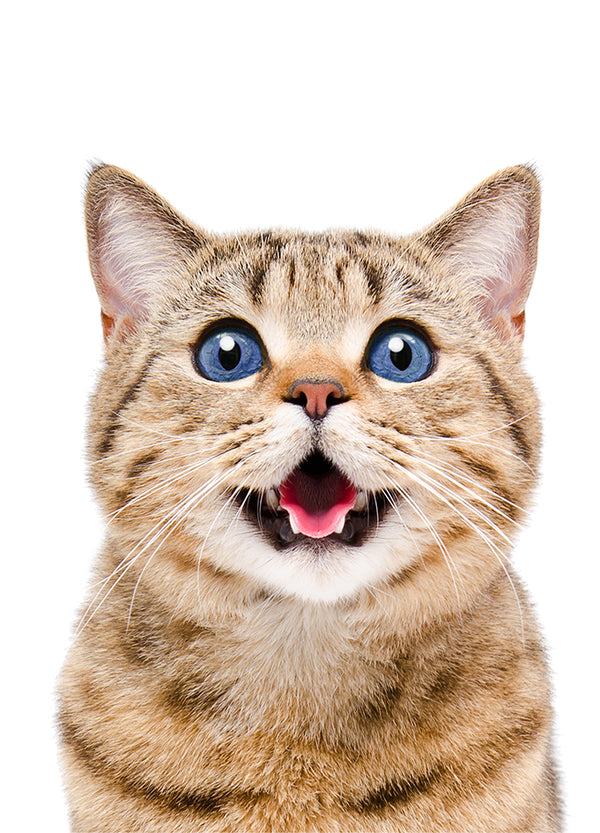My Cart
FREE SHIPPING ON ORDERS $100+ USE CODE FREESHIP AT CHECKOUT (CONTINENTAL US ONLY) - IN STOCK ITEMS SHIP NEXT BUSINESS DAY
FREE SHIPPING ON ORDERS $100+ USE CODE FREESHIP AT CHECKOUT (CONTINENTAL US ONLY) - IN STOCK ITEMS SHIP NEXT BUSINESS DAY















